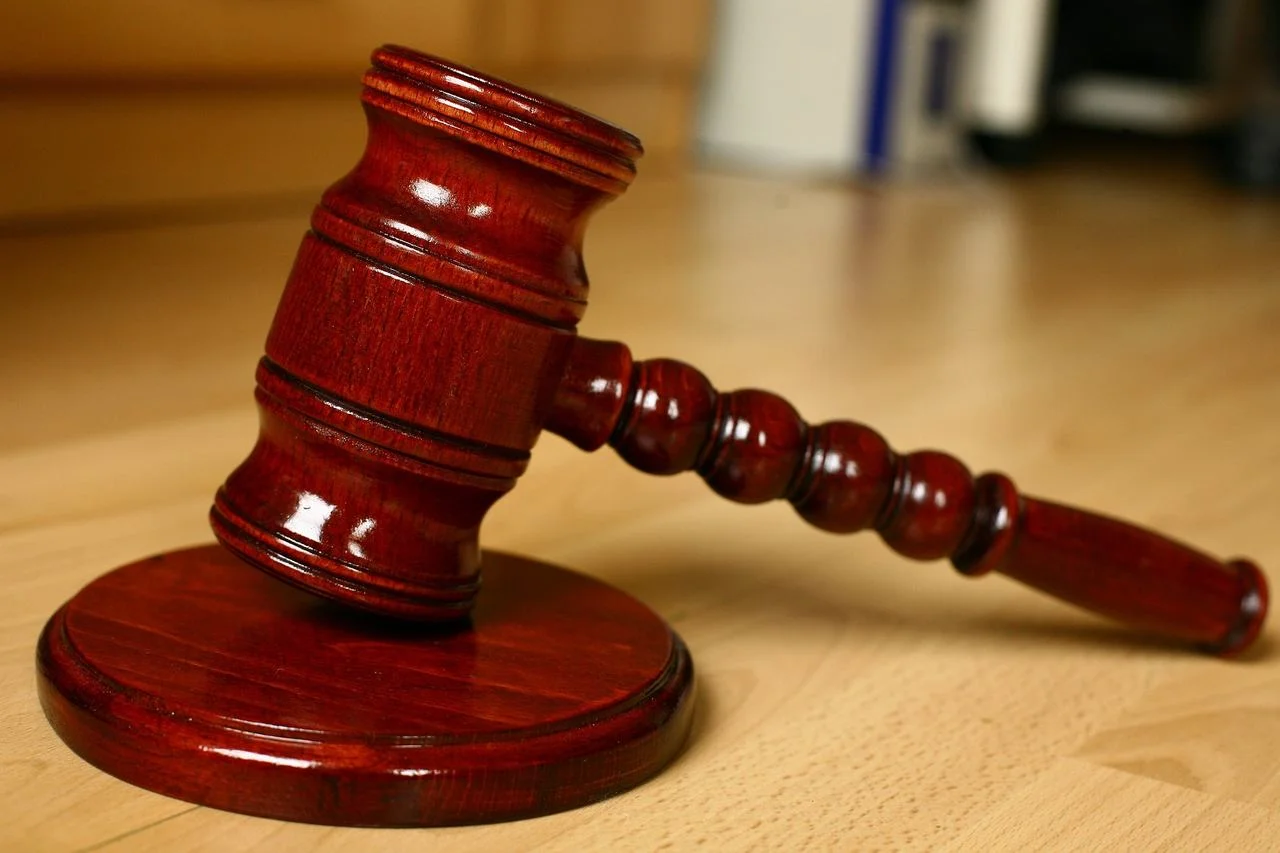How Social Media Can Impact Your South Carolina Personal Injury Claim

In today’s digital age, social media has become an integral part of our daily lives, allowing us to connect with friends, share updates, and document our experiences. However, when it comes to personal injury claims in South Carolina, what you post on social media can have significant implications on the outcome of your case. Here’s how social media can impact your personal injury claim and what you need to know to protect your rights.
Surveillance by Insurance Companies
Insurance companies are known to conduct thorough investigations into personal injury claims to minimize their liability. One common tactic they use is monitoring claimants’ social media accounts for any posts or photos that contradict their injury claims. For example, if you claim to have suffered a back injury in a car accident but post pictures of yourself engaging in physically demanding activities, such as lifting heavy objects or participating in sports, it could undermine your credibility and weaken your case.
Misinterpretation of Posts
Even seemingly innocuous posts on social media can be misinterpreted and used against you in a personal injury claim. For instance, posting about attending social events or traveling could be misconstrued as evidence that your injuries are not as severe as claimed or that you are exaggerating your limitations. It’s essential to exercise caution when posting on social media during the pendency of a personal injury claim and avoid sharing anything that could be misconstrued or taken out of context.
Preservation of Evidence
On the flip side, social media can also serve as valuable evidence in personal injury claims. Posts, photos, or videos related to the accident or your injuries can corroborate your version of events and provide context for your physical and emotional state following the incident. However, it’s crucial to ensure that any social media content relevant to your claim is preserved and disclosed to your attorney to avoid accusations of spoliation of evidence.
Privacy Settings Aren’t Foolproof
While adjusting your privacy settings on social media platforms may provide a false sense of security, it’s important to recognize that nothing posted online is entirely private. Insurance companies and opposing parties may employ various tactics to access your social media content, including sending friend requests from fake accounts or subpoenaing social media records during the discovery process. Therefore, it’s best to err on the side of caution and refrain from posting anything that could potentially harm your personal injury claim.
Consultation with Legal Counsel
Given the potential impact of social media on personal injury claims, it’s advisable to consult with a knowledgeable personal injury attorney early in the process. An experienced attorney can advise you on how to navigate social media during your claim, including what to post, what not to post, and how to protect your rights and interests. Additionally, your attorney can handle communications with insurance companies and help ensure that your social media presence does not inadvertently jeopardize your claim.
Conclusion
Social media can have both positive and negative effects on South Carolina personal injury claims. While it can serve as valuable evidence when used judiciously, it can also be exploited by insurance companies to undermine your credibility and weaken your case. By exercising caution, preserving relevant evidence, and seeking guidance from a qualified attorney, you can mitigate the risks associated with social media and maximize your chances of a successful personal injury claim.